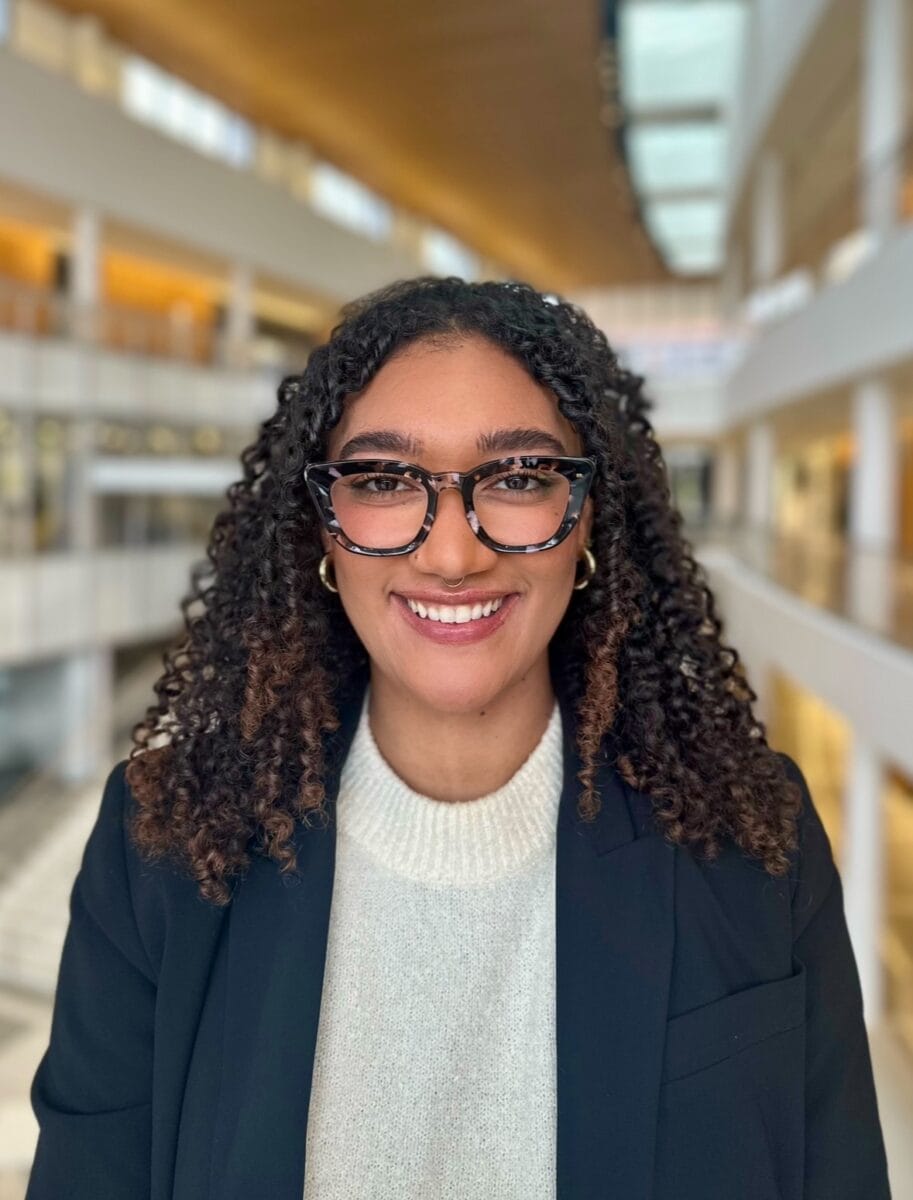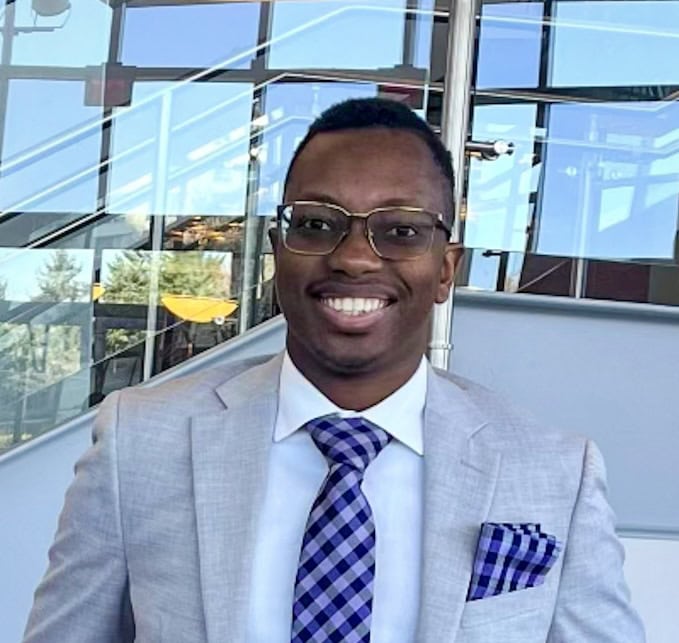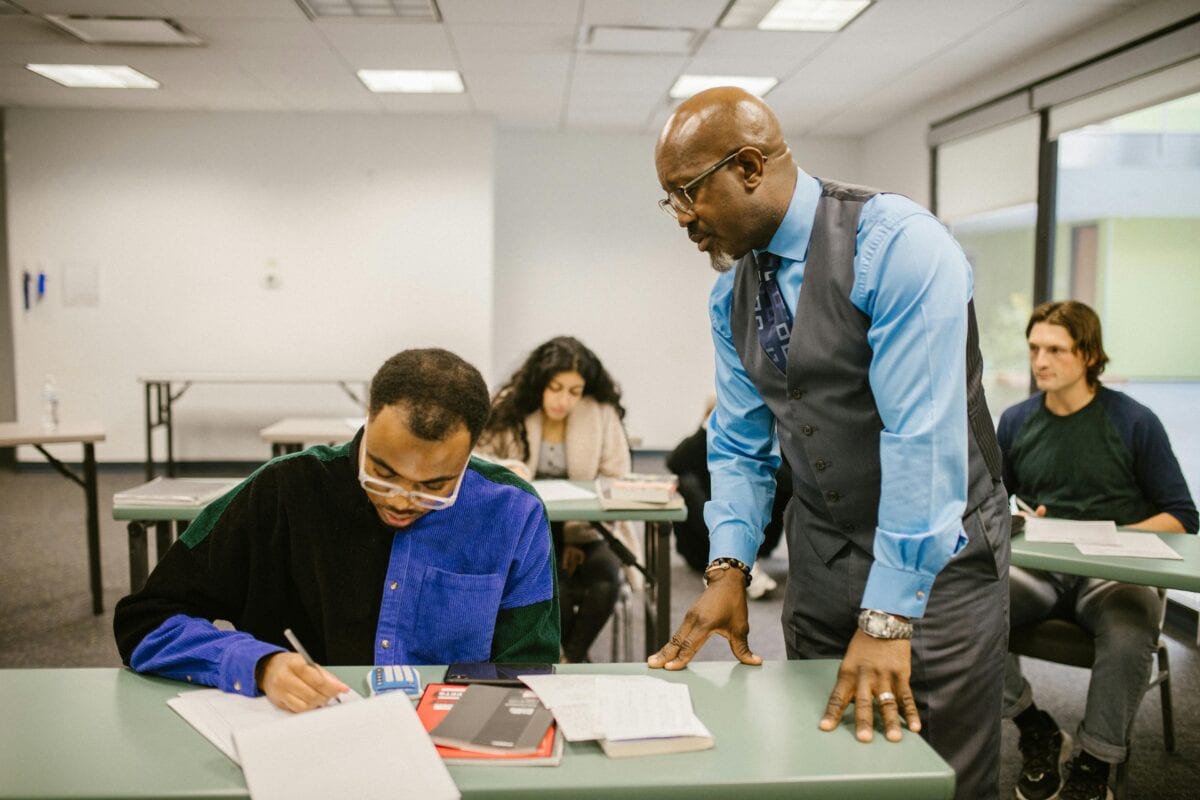The Leslie W. Joyce and Paul W. Thayer Graduate Fellowship in I-O Psychology provides financial support to doctoral students in I-O psychology who have a special interest in talent management and who plan to have a career as an I-O practitioner.
Two $15,000 Fellowships will be awarded in the current award cycle.
Nomination deadline is June 30, 2025
About The Award
The Fellowship was established to honor the exceptional mentoring relationship between Dr. Leslie Joyce and Dr. Paul Thayer—one that began in graduate school and continued through Dr. Joyce’s subsequent career.
Eligibility
Nominees must meet the following eligibility requirements:
- Enrolled full-time and in good standing in a PhD program in Industrial-Organizational Psychology at a regionally accredited university or college. Eligibility is open to students in programs both within and outside the US.
- Student Member of SIOP.
- Past recipients of the Fellowship may apply for one additional year of Fellowship funding, if other eligibility requirements are met.
Application Procedures
Applicants for the Scholarship must submit:
- An electronic copy of their graduate transcript.
- A self-statement of their graduate program goals and career aspirations. Previous recipients of this Fellowship should also include in this statement a description of how the Fellowship was used to advance their program goals and prepare them for a career as an I-O practitioner.
- A summary of their master’s thesis or summary of other completed research not to exceed 10 pages* (12-point font, 1” margins, double spaced); the summary must adhere to APA formatting guidelines.
- A curriculum vitae that includes work assignments, paid or unpaid, related to I-O psychology.
- Letters of support (at least 1 and not more than 3) from graduate faculty and/or supervisors in applied work settings.
NOTE: Figures or tables may be included only if they can be incorporated into the 10-page limit. A list of references should be included with the summary; references will not be included in the 10-page maximum. Summaries should be double-spaced, 12-point font, with 1” margins.
All documentation must be submitted online by the applicant and must be either a Word document or a .pdf file.
When submitting application materials, applicants will also be asked if they are being investigated, or have been found responsible, for misconduct prohibited in SIOP’s Anti-Harassment Policy and to provide a brief explanation if this is the case.
Evaluation Criteria
At least three members of the Fellowship Subcommittee will review and evaluate each nominee’s application.
Nominations will be evaluated on the following criteria:
- Specialized interest in talent management (i.e., talent acquisition, development, and deployment) as reflected in coursework and applied experience.
- Commitment to a practitioner career as evidenced by work experience and/or statement of career goals.
- The quality of the undergraduate or graduate record.
- The quality of the master’s thesis or research summary, both scientifically and practically.
- The clarity and realism of the statement of goals and aspirations.
- Strength of support from faculty and/or supervisors.
Administrative Procedures
Based on their review of all applicants, the award subcommittee will identify recipients. The subcommittee reserves the right to recommend that the award be withheld if a suitable candidate does not apply.
Although a student can apply for multiple SIOP grants and scholarships, they cannot win multiple awards that fund the same project in the same year. Additionally, a student cannot be funded on multiple scholarships in the same year. If a project is recommended to receive two awards, the Awards Chair for grants and scholarships will make the determination of which award the individual will receive. If an individual is recommended to receive a scholarship by two different subcommittees, the Awards Chair for grants and scholarships will make the determination of which award the individual will receive.
Funds will be distributed to the recipient in a single payment in January following the submission deadline. Funds may be used for graduate school expenses (without additional restriction). The recipient will have two options regarding the award: (a) to receive the funds directly; or (b) to have the funds placed in a “professional development” account at the recipient’s university, contingent upon the regulations and policies of the recipient’s university. The award recipient will be liable for any tax payments associated with the funds.
Current Award Recipients







